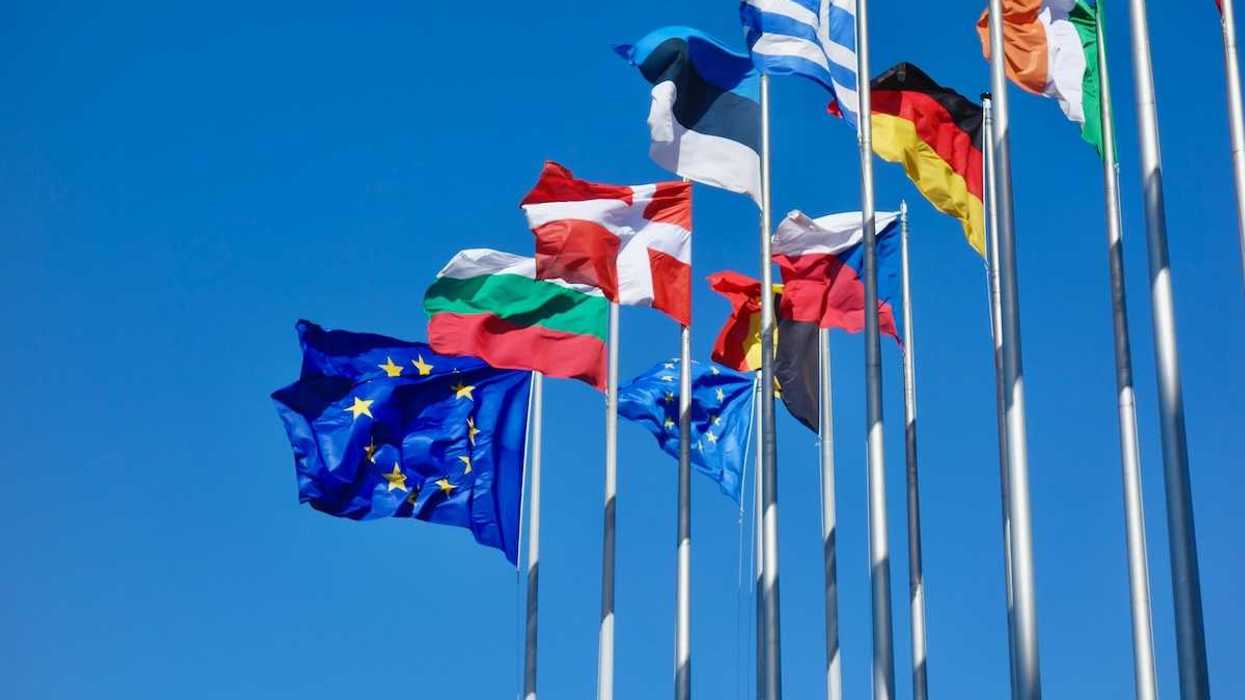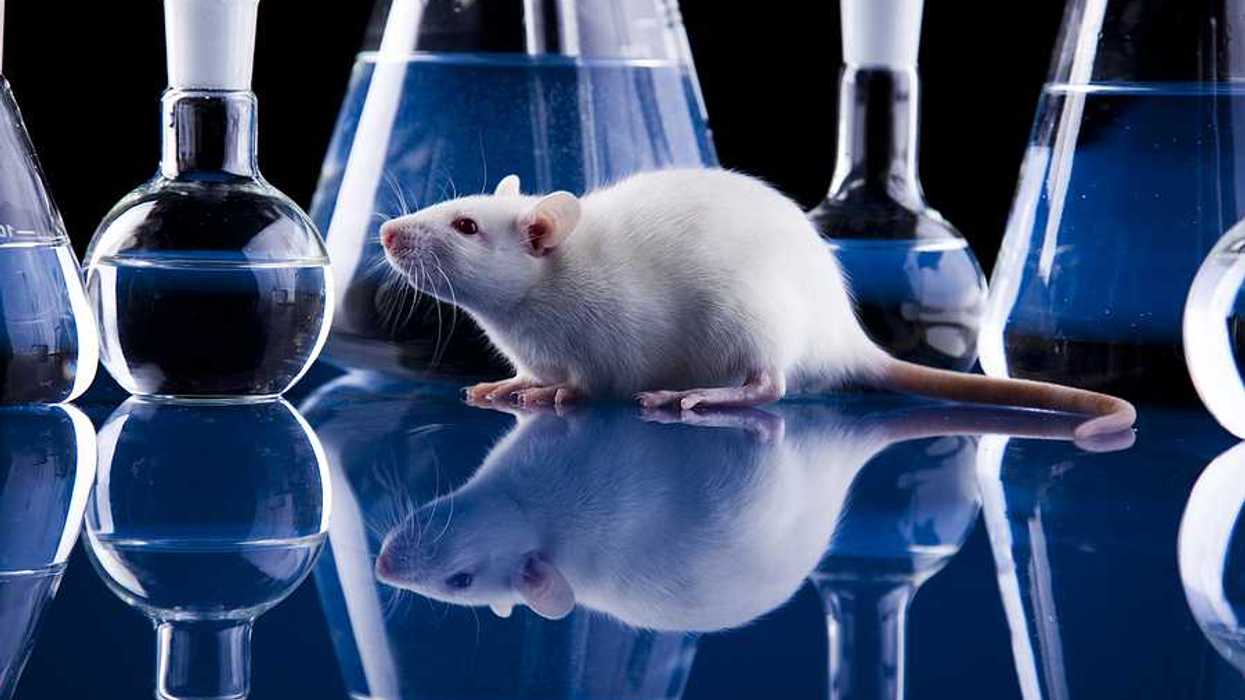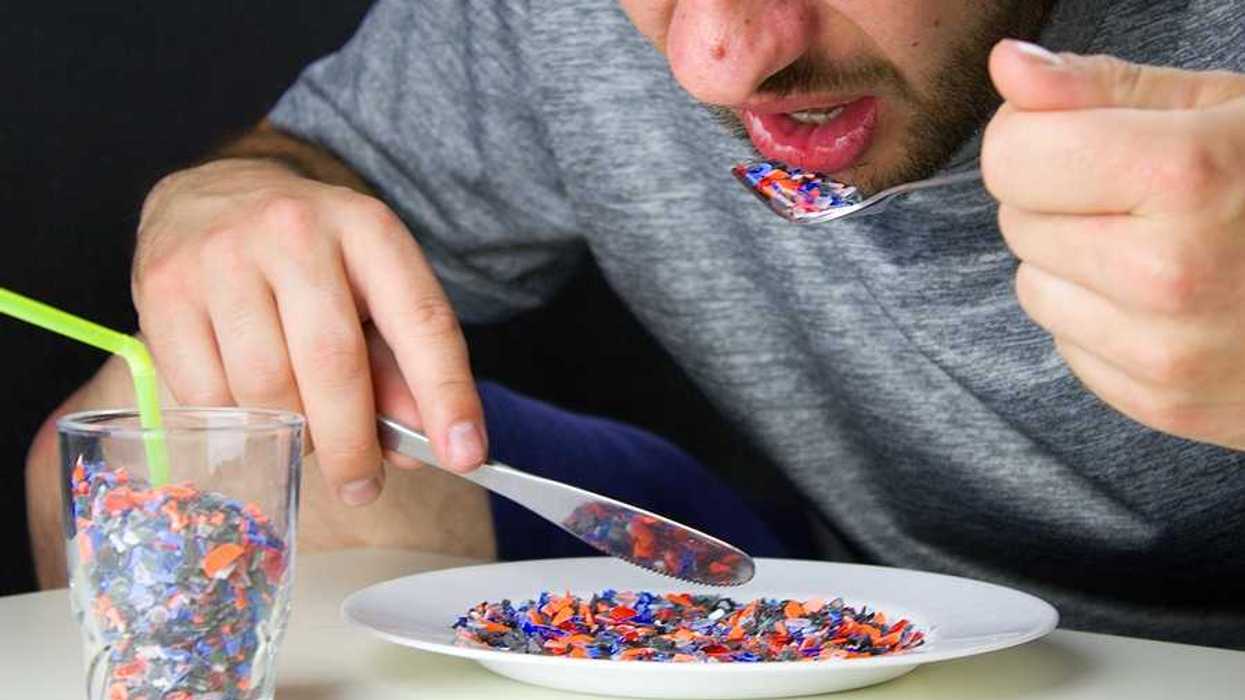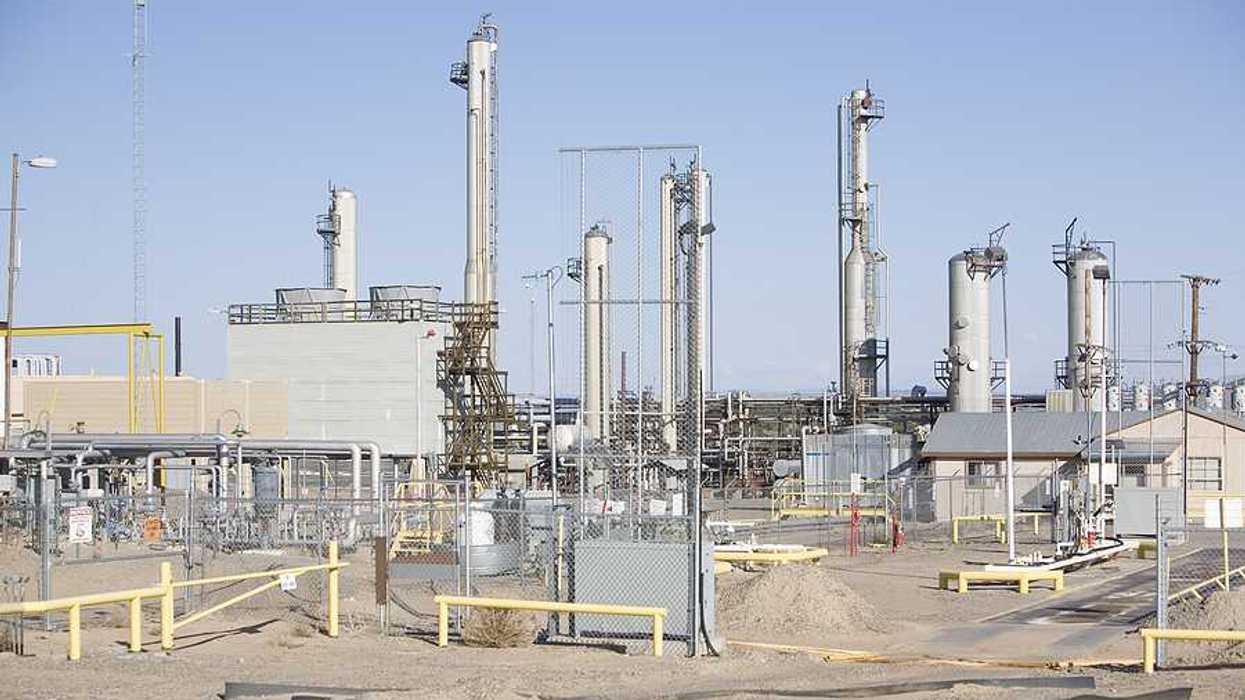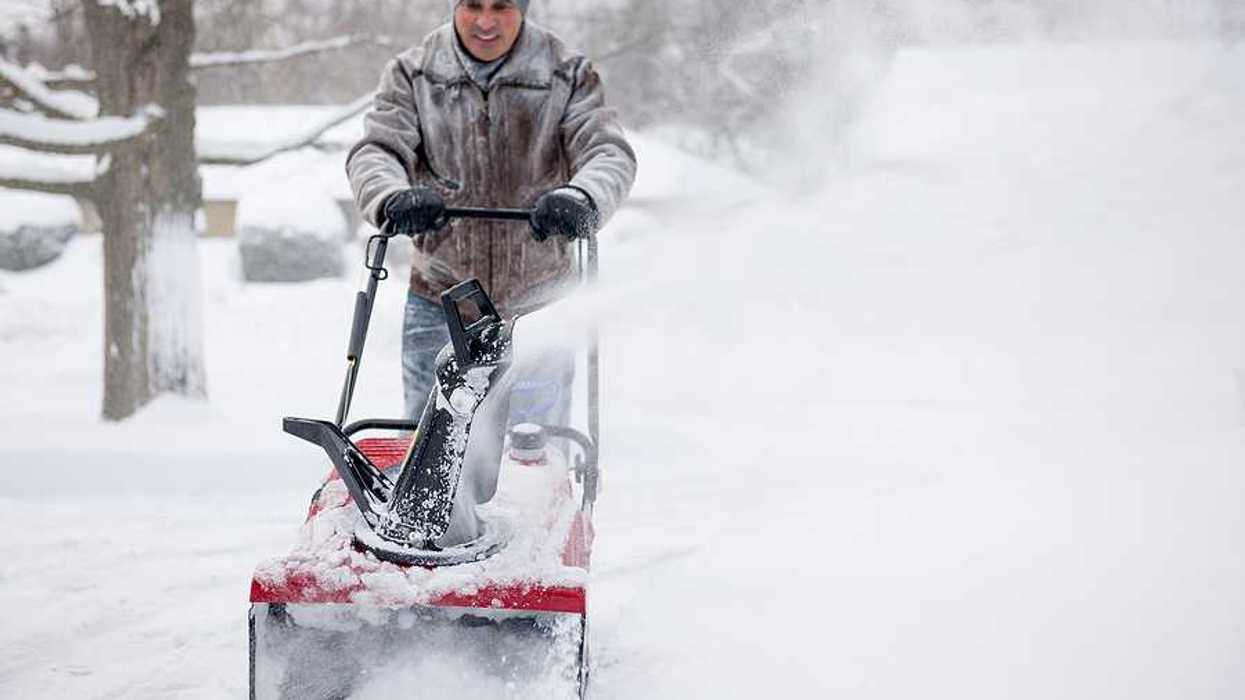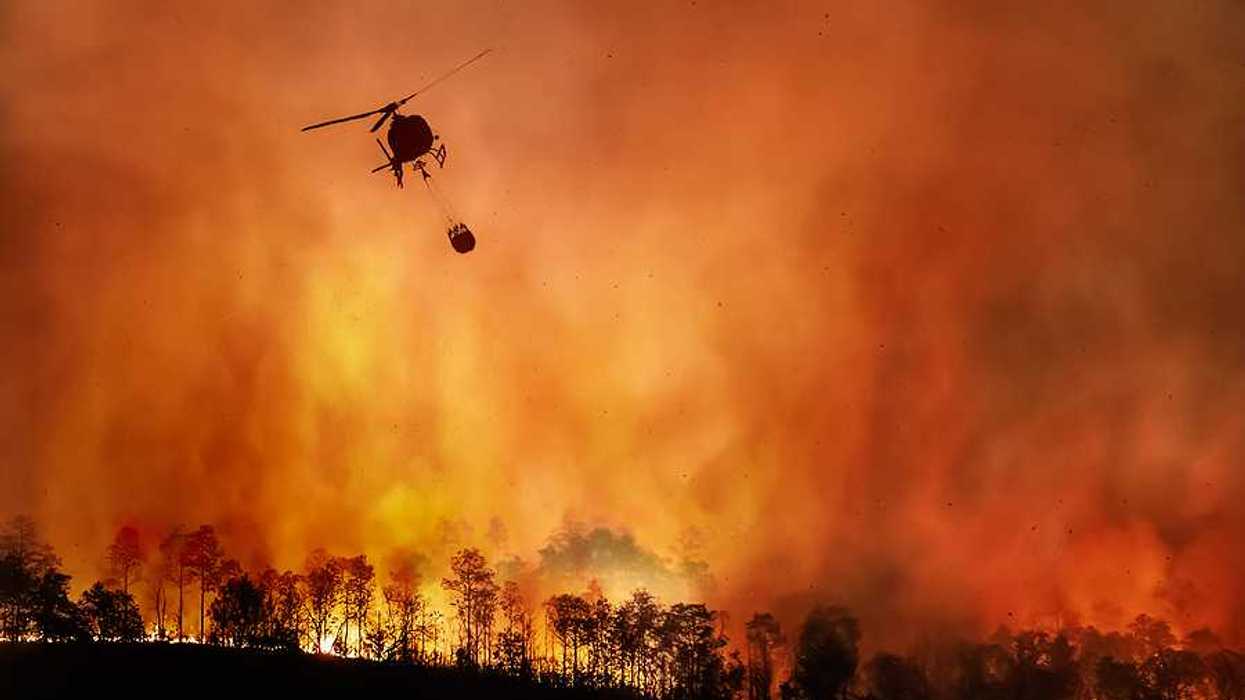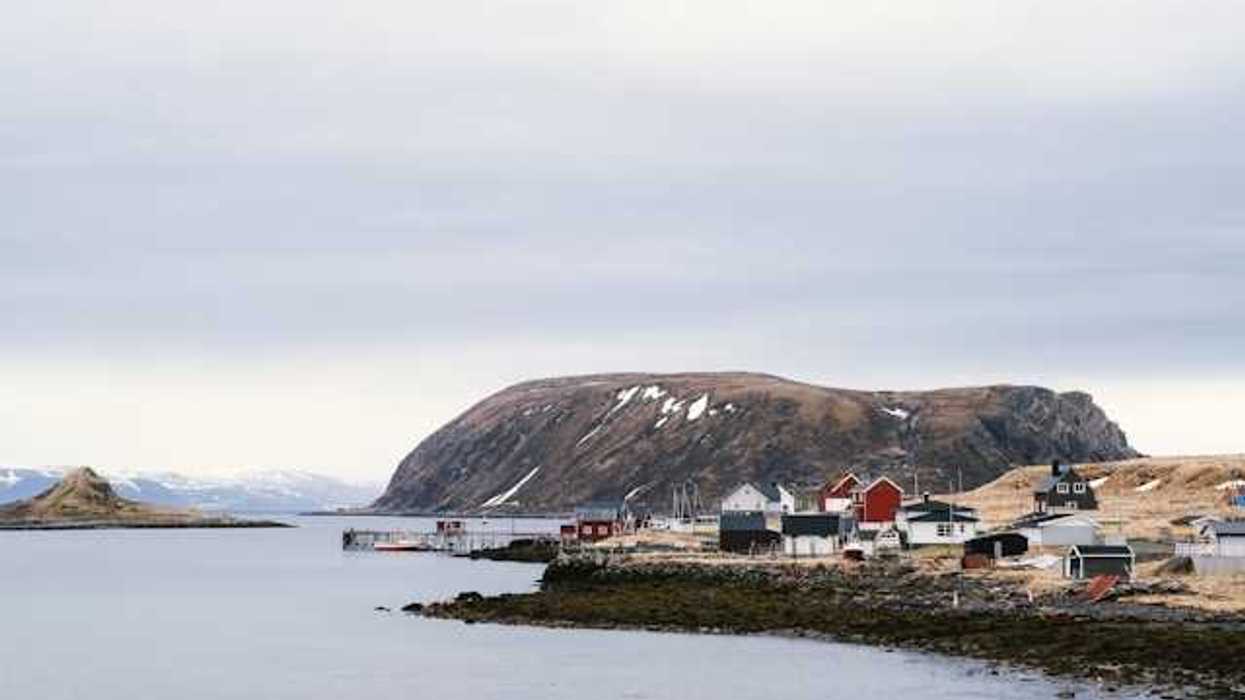Pesticides are causing widespread harm to wildlife, affecting growth, reproduction, and behavior in species not meant to be targeted, according to a new global study.
In short:
- A review of 1,700 studies found that pesticides negatively affect more than 800 species, including plants, animals, fungi, and microbes.
- Researchers identified impacts such as reduced reproductive success, slower growth, and altered behaviors that threaten ecosystem stability.
- The study comes ahead of United Nations biodiversity talks in Rome, where officials will discuss strategies to address deforestation, pollution, and overexploitation.
Key quote:
"It is often assumed that pesticides are toxic primarily to the target pest and closely related organisms but this is clearly not true. Concerningly, we found pervasive negative impacts across plants, animals, fungi, and microbes, threatening the integrity of ecosystems."
— Dave Goulson, study co-author, University of Sussex
Why this matters:
Pesticides are a major driver of biodiversity loss, contributing to what scientists warn could be Earth’s sixth mass extinction. These chemicals don’t just kill pests; they disrupt entire ecosystems, affecting species’ survival and interactions. The study highlights how widespread these impacts are, from farms to freshwater systems, raising concerns about long-term environmental stability. As global food production depends on pollinators and healthy ecosystems, unchecked pesticide use could have far-reaching consequences.
Related:





